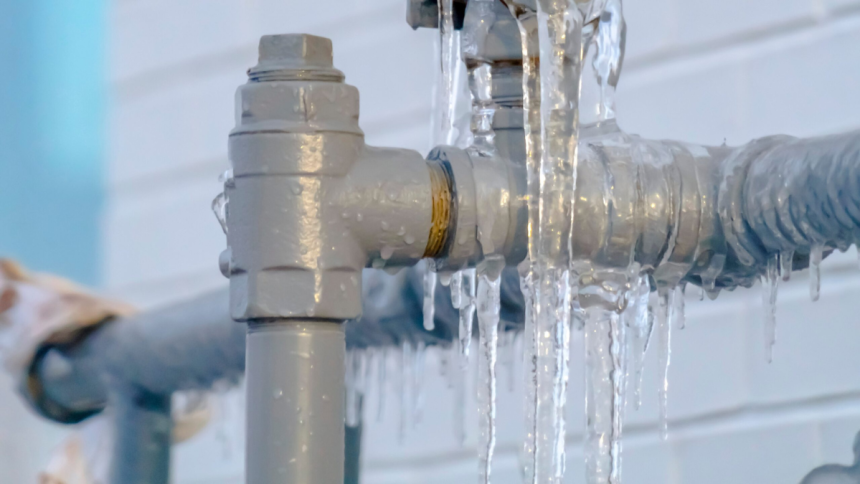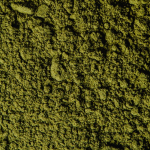Freezing weather can impact plumbing systems in ways that are not always immediately visible. Sudden temperature drops may cause pipes to expand, shift, or weaken, even without immediate signs of damage. Once the temperatures rise again, these hidden changes usually begin to show in the form of leaks or low water pressure.
This is why professional checks after cold spells are so necessary. A plumber in Prescott Valley understands how the local climate affects both indoor and outdoor plumbing. Their inspections help catch issues early, giving homeowners the chance to prevent more serious problems from developing over time.
Inspecting Outdoor Pipes for Damage
The first point of concern is usually the exterior water lines. Pipes that serve yard hydrants, irrigation systems, or garage sinks are especially vulnerable. When temperatures drop, standing water inside these pipes can freeze and expand, potentially leading to cracks in the pipes. A pressure test or visual check helps reveal if damage has occurred.
Checking Indoor Pipe Insulation
Pipes located in basements, attics, or crawlspaces rely heavily on insulation to remain protected. Shifts in insulation coverage or deterioration over time can leave sections exposed. During post-freeze inspections, technicians in Prescott Valley assess whether insulation needs to be repositioned, replaced, or reinforced to maintain consistent protection for future cold spells.
Assessing Water Heater Performance
A water heater may experience subtle performance changes during a cold period. Sediment inside the tank can shift due to temperature differences, which may affect heating consistency. Prescott Valley professionals typically check for temperature accuracy, flush buildup if necessary, and examine the tank’s internal components. These steps support better performance and help extend the appliance’s lifespan.
Reviewing Outdoor Drain Lines
Drainage systems that serve outdoor fixtures or detached buildings may experience reduced flow if ice is formed. Once thawed, the buildup can shift or clog narrow areas. Inspections include verifying complete drainage and ensuring proper venting and slope to ensure the system functions as intended under all conditions.
Testing Household Water Pressure
Water pressure should remain steady under normal circumstances. If there is a sudden increase or drop following a freeze, this may indicate a stress point in the plumbing. Technicians in Prescott Valley test fixtures throughout the property and inspect the pressure regulator to confirm that flow remains balanced and within recommended levels.
Checking for Ground Movement Around Underground Lines
Soil expansion during freezing and thawing cycles can put strain on buried pipes. This is common in areas with clay-based soil. Using cameras and location tools, Prescott Valley professionals look for any signs of misalignment or stress on the pipes. These inspections help reduce the chance of long-term leaks or unexpected failures.
Seasonal Plumbing Habits Experts Recommend
Service providers across Prescott Valley encourage regular seasonal evaluations to keep plumbing systems in good condition. These routine visits are beneficial before and after winter, when temperature swings can affect pipes and fixtures. During these checkups, professionals generally:
- Inspect and test water heaters for efficiency
- Examine insulation around exposed pipes
- Check for early signs of leaks or pressure changes
Taking these steps helps prevent minor issues from developing into larger, more costly repairs in the future.
A post-freeze visit from a plumber in Prescott Valley involves a focused inspection that helps ensure the plumbing system remains in good condition. Technicians review pressure, pipe integrity, drainage flow, and insulation coverage to catch any potential issues. These preventive measures contribute to long-term plumbing reliability, eliminating the need for significant repairs or replacements later.
Lynn Martelli is an editor at Readability. She received her MFA in Creative Writing from Antioch University and has worked as an editor for over 10 years. Lynn has edited a wide variety of books, including fiction, non-fiction, memoirs, and more. In her free time, Lynn enjoys reading, writing, and spending time with her family and friends.















